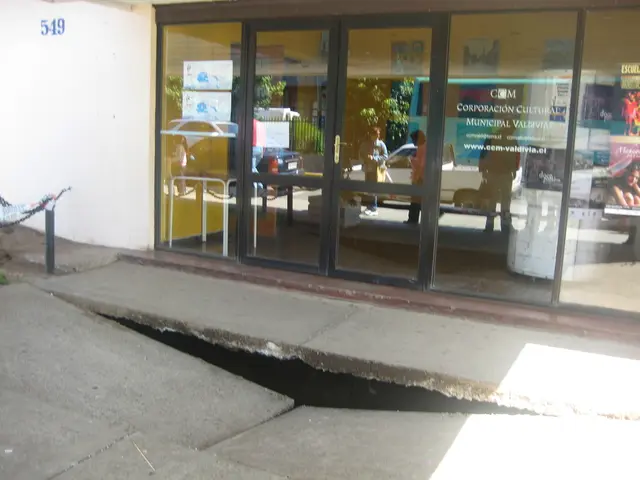Workers could soon be shielded from radiation risks thanks to a fresh directive proposed by the Commission.
The National Assembly approved the elimination of Low Emission Zones (LEZ) in an evening session on Wednesday, May 28. The decision came with a 98-51 vote and saw support from the RN-UDR alliance, the right, the LFI, and some Macronist deputies.
First introduced in 2019 to combat fine particle emissions, the LEZs have garnered criticism from all sectors, particularly for potentially excluding certain parts of the population. Ian Boucard, a LR deputy, asserts that everyone supports better air quality, but not at the expense of social exclusion. RN deputy Pierre Meurin stated that the LEZs are pointless, while the LFI group deemed them penalizing and stigmatizing for the most vulnerable segments of society.
However, the government considers this vote "regrettable." Agnès Pannier-Runacher's cabinet regrets the lack of considered evaluation of proposals and lists of last-minute amendments introduced during debates. The government had proposed an amendment allowing local authorities to implement LEZs on a voluntary basis, except in Paris and Lyon, which some deputies regret being dismissed.
As the vote on the article must be confirmed by the vote on the bill as a whole, which still faces over 600 amendments, there is potential for this decision to be challenged by the Constitutional Council for being a legislative rider, or a stray measure far from the initial text.
In summary, the elimination of LEZs has sparked debate regarding balancing the concerns of citizens and politicians with the urgent need to improve air quality and tackle climate change. This vote reflects a broader political and social disagreement in France concerning the pace and extent of environmental regulations.
- Despite the French government's focus on environmental-science and tackling climate change, the elimination of Low Emission Zones (LEZ) has raised concerns within the French health-and-wellness sector given its potential impact on air quality.
- The decision to abolish the LEZs has also sparked a political debate since it received support from various factions such as the RN-UDR alliance, the LFI, and some Macronist deputies, who argue for general-news balance and consider the LEZs to be stigmatizing and penalizing for the most vulnerable segments of society.
- The French National Assembly's vote on the LEZs echoes broader disagreements in French politics, as the approach to balancing the urgent need for environmental-science innovation, socio-economic fairness, and public welfare, such as maintaining access to French science and scientific advancements, remains a contentious issue.








